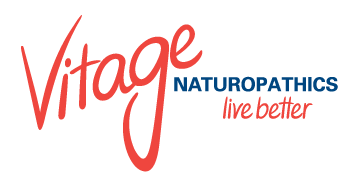Some people think raw honey is the same as organic honey, but it’s not. “Organic honey” is when the flowers the bees visit, and surrounding environment have not potentially been sprayed with chemicals or exposed to non-organic practices.
 Simple, right? If beekeepers control where the bees go, they’ll know that they’re getting honey from organic flowers. There are some farmers who will unabashedly market their honey as being Organic. They may not necessarily be liars, they may just be extremely hopeful and confident that they know where their bees are going.
Simple, right? If beekeepers control where the bees go, they’ll know that they’re getting honey from organic flowers. There are some farmers who will unabashedly market their honey as being Organic. They may not necessarily be liars, they may just be extremely hopeful and confident that they know where their bees are going.
However, it’s impossible to always know where bees go because they can fly up to several km’s to look for flowers that are producing enough nectar for harvesting. Therefore, everything within at least a 5 km radius must meet Organic standards for honey to be considered Organic.
Whilst it is desirable to eat organically, the risk of exposure to man-made chemicals in locally produced honey is extremely low, unlike some other produce such as strawberries or fish. Everyone has heard that bee populations are dying/reducing across the world. One of the reasons is their extreme susceptibility to chemicals – bees are like the olden day “Canary in the coal mine”. Sadly, the lightest chemical influence usually ends badly for the bee.
Finally, beware of processed Organic honey – factory processing of honey denatures honey. A cheaper alternative to processed organic honey would be organically flavoured sugar and water which would provide similar nutritional benefits.







